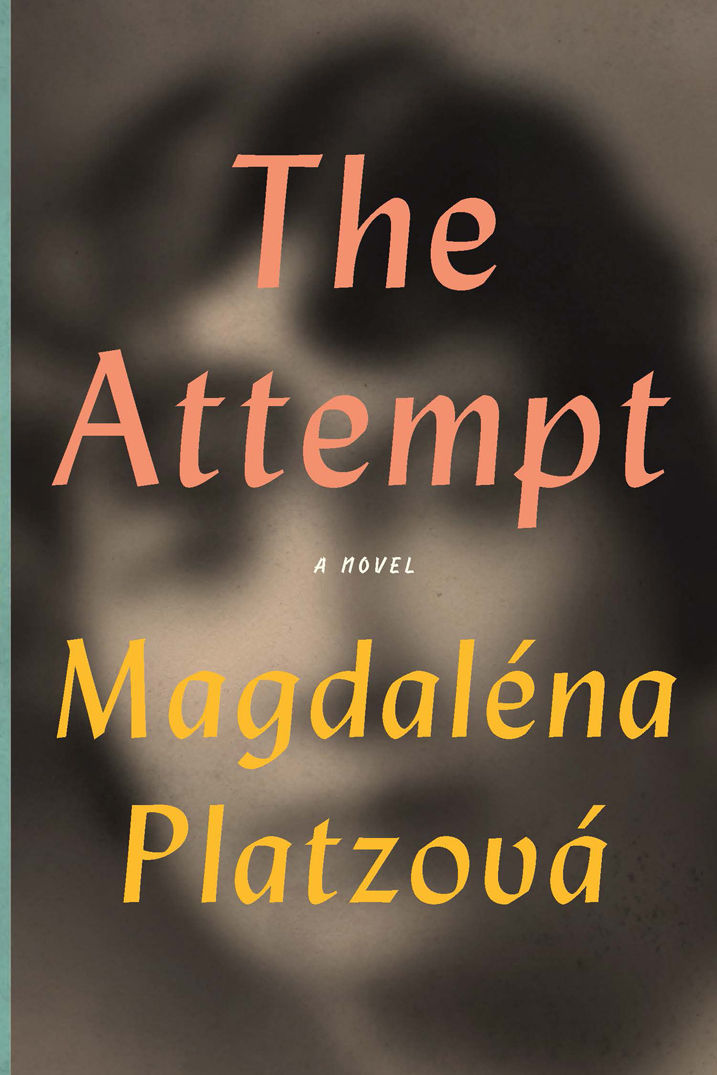
The Attempt
کتاب های مرتبط
- اطلاعات
- نقد و بررسی
- دیدگاه کاربران
نقد و بررسی

March 28, 2016
Platzová’s latest is an extended ramble through the New York of distant and recent memory, in search of the legacy of radical politics that connects the American left and the postwar diaspora of European Jews. Upon discovering that he is the descendent of a vaunted anarchist, a Czech historian named Jan begins to unearth the story of a failed attempt on the life of a wealthy businessman, which has repercussions for the survivors of both families. The book also tells the story of Andrei B. and Lousie G., two anarchists active in the early 20th century who bear more than a passing resemblance to the true story of Emma Goldman and Alexander Berkman. In the present, Jan’s research takes him from museums and archives to the acquaintance of a nun who shares a connection to the would-be assassination, then back to the haunted Prague of his birth—and finally to the fashionable theory-minded American left, where students with heads full of Žižek and futurism occupy Wall Street. But Jan’s adventures only act as the prelude to the novel’s centerpiece: a vivid reconstruction of the life of Andrei B. and Louise G., their deportation, radicalization, and enduring love. Between this and 2014’s Aaron’s Leap, Platzová is on a roll, telling rich stories of European history and the 20th century’s cumbrous fallout.

March 15, 2016
An elliptical novel that encompasses history, anarchy, and love. Translated from the Czech, Platzova's (Aaron's Leap, 2014) latest bridges a century of social foment, as it involves the attempt by a contemporary Czech historian, during the Occupy Wall Street movement, to shed some light on what might be an anarchist in his closet. The setup is a little unwieldy: on the basis of conjecture and tangential evidence bequeathed to him by his best friend, a middle-aged historian who was raised in Prague but now lives in Manhattan thinks he might be related to a notorious anarchist who attempted to murder an American tycoon in the early 20th century. His investigation leads him to correspondence between the tycoon's heirs and to a meeting with one who has repudiated that legacy and become a nun. There is also plenty of correspondence between the anarchist and his lover/comrade. And after the first section of the novel flashes between the present and the past, with the protagonist narrating in the first person, the second part is a notebook by his late friend detailing the lives of the deported anarchists, the lovers whose principles preclude monogamy. The reader thus works his or her way through a lot of structural baggage to arrive at the novel's essence as it explores anarchy through the broader contexts of environmental apocalypse and capitalism's self-destruction. One character believes that anarchy is "the only social theory based on human goodness," though the anarchist to whom the narrator might be related ultimately believes that "Man can't be reduced to his role in the hierarchy of economic relations. The problem lies elsewhere. Money is just a derivative evil. It isn't enough to change the economic order!" The narrator's excavation of the past puts the Occupy movement in different perspective by the time the novel concludes. As for the mystery of the blood ties that spurred his research, "it made no difference" whether he was related to the anarchist or not. The past illuminates the present, though it takes a while for the novel to find the light.
COPYRIGHT(2016) Kirkus Reviews, ALL RIGHTS RESERVED.

























دیدگاه کاربران